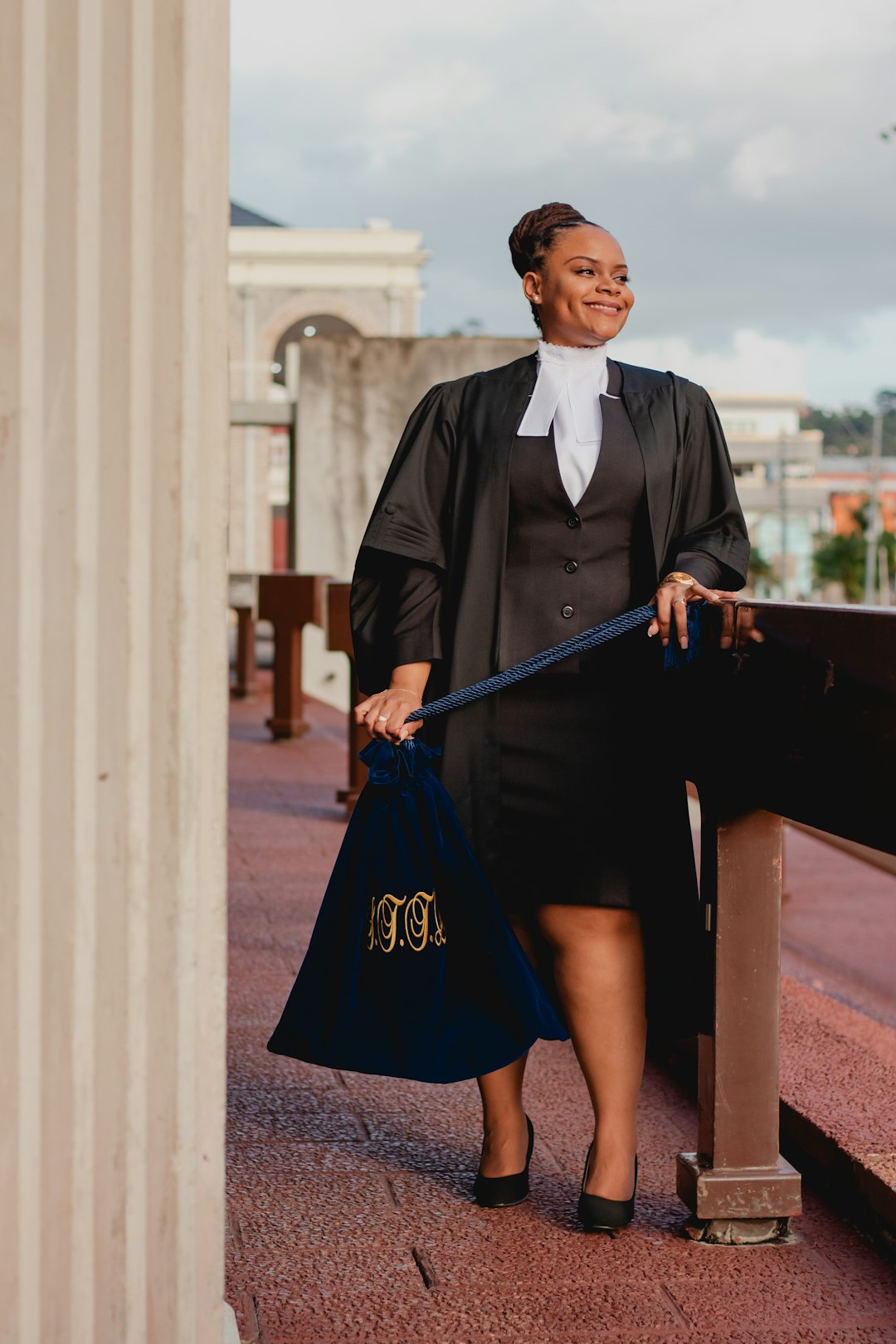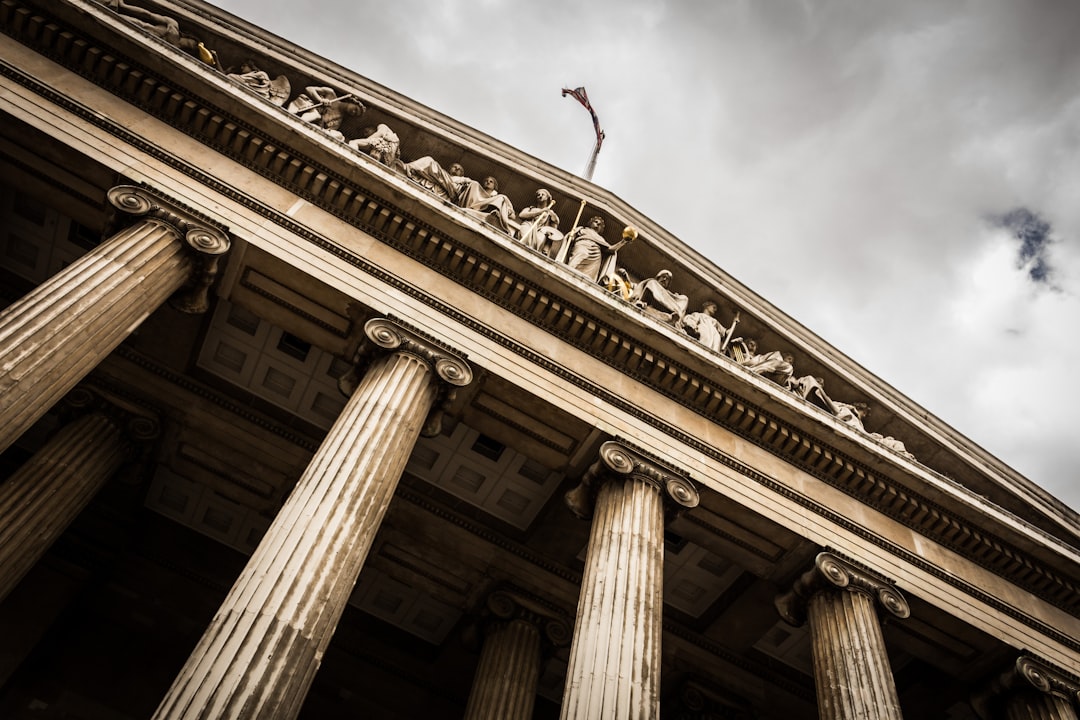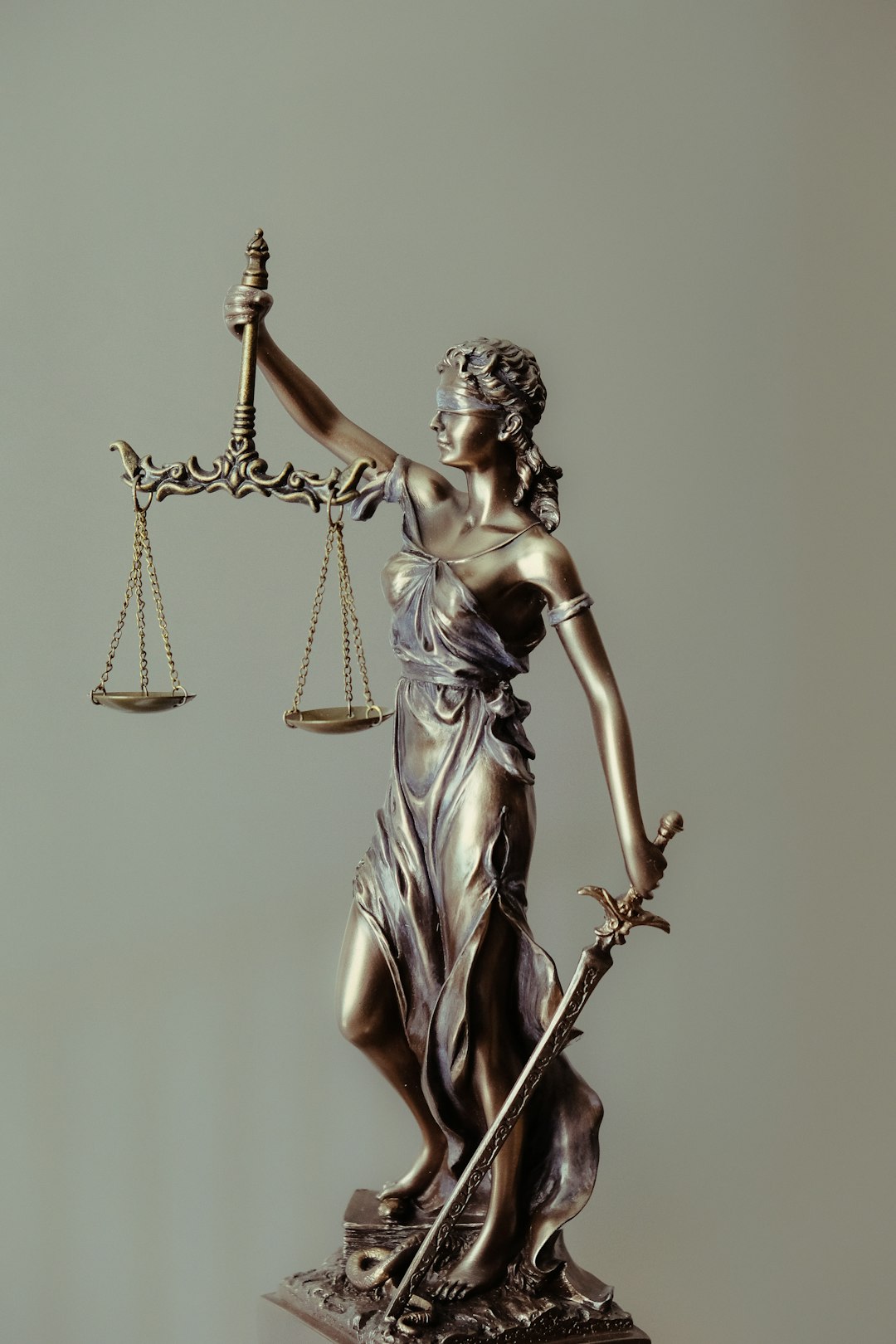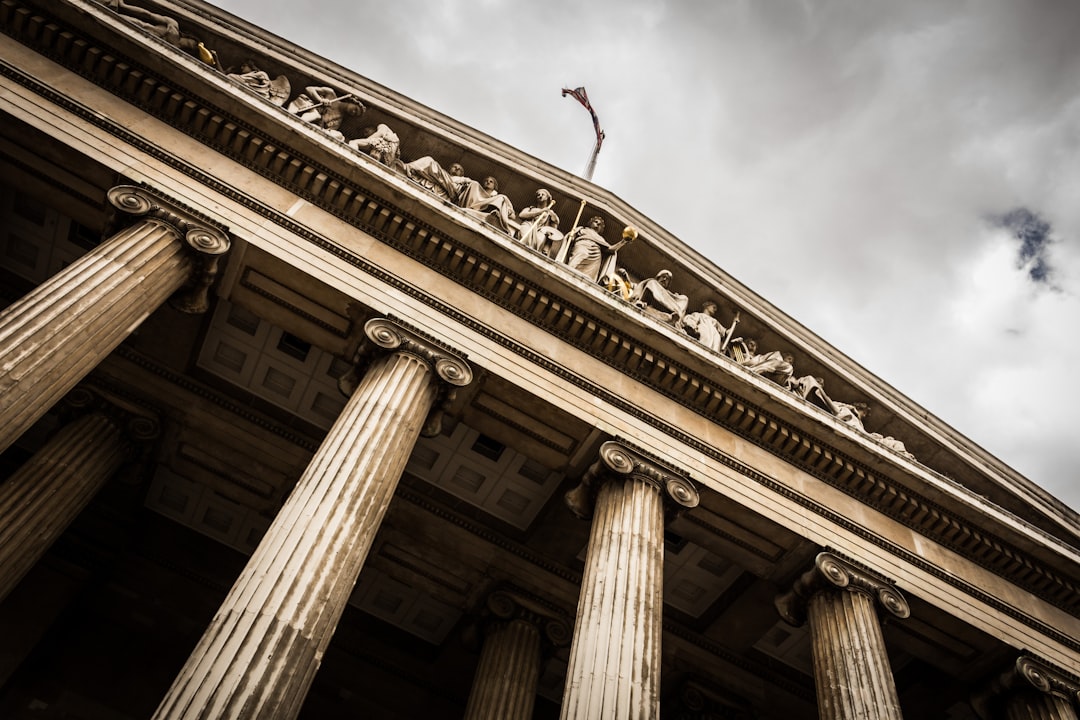In Arkansas, protecting students from sexual abuse in schools is paramount. This comprehensive guide explores critical aspects of preventing, identifying, and addressing school sexual abuse. We delve into state laws, the pivotal role of administrators, recognizing red flags, understanding victim rights, and effective strategies for holding institutions accountable. Armed with knowledge, families can navigate potential risks and ensure a safer learning environment. For legal assistance, consider consulting a specialized school sexual abuse lawyer Arkansas to protect your rights.
Understanding Arkansas Laws Against School Sexual Abuse
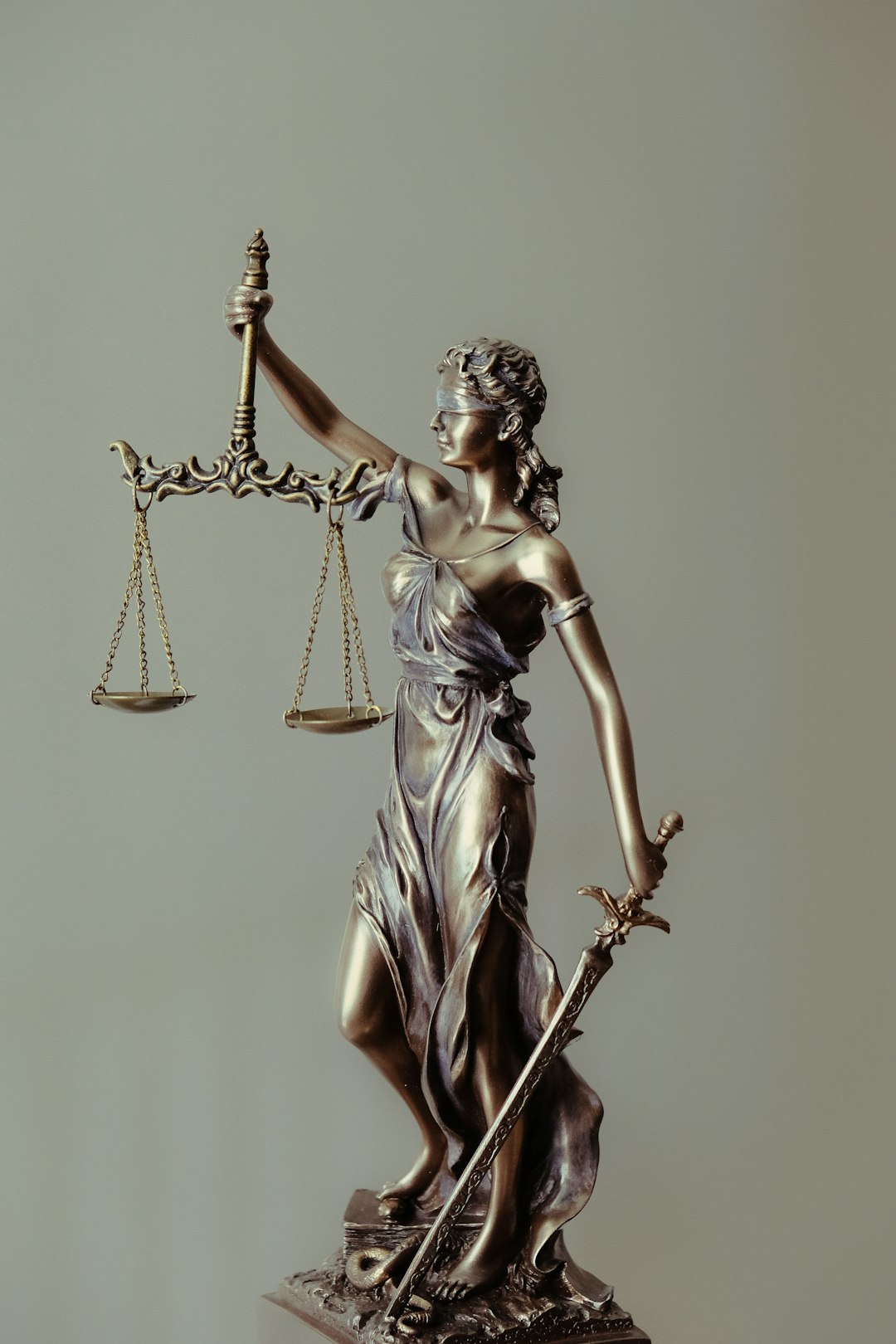
In Arkansas, protecting students from sexual abuse in educational settings is a critical concern. The state has laws in place to deter and address such incidents, offering a safety net for families. These laws aim to ensure that schools maintain a secure environment free from sexual harassment and assault. Any form of inappropriate behavior or contact of a sexual nature between a student and an employee or peer is strictly prohibited.
Understanding these laws is essential for parents and guardians who want to know their rights and options if their child experiences or witnesses school sexual abuse. Consulting with a school sexual abuse lawyer in Arkansas can provide valuable insights into the legal framework surrounding these cases. These attorneys specialize in navigating complex educational laws, ensuring that victims and their families receive justice and the support they deserve.
The Role of School Administrators in Prevention
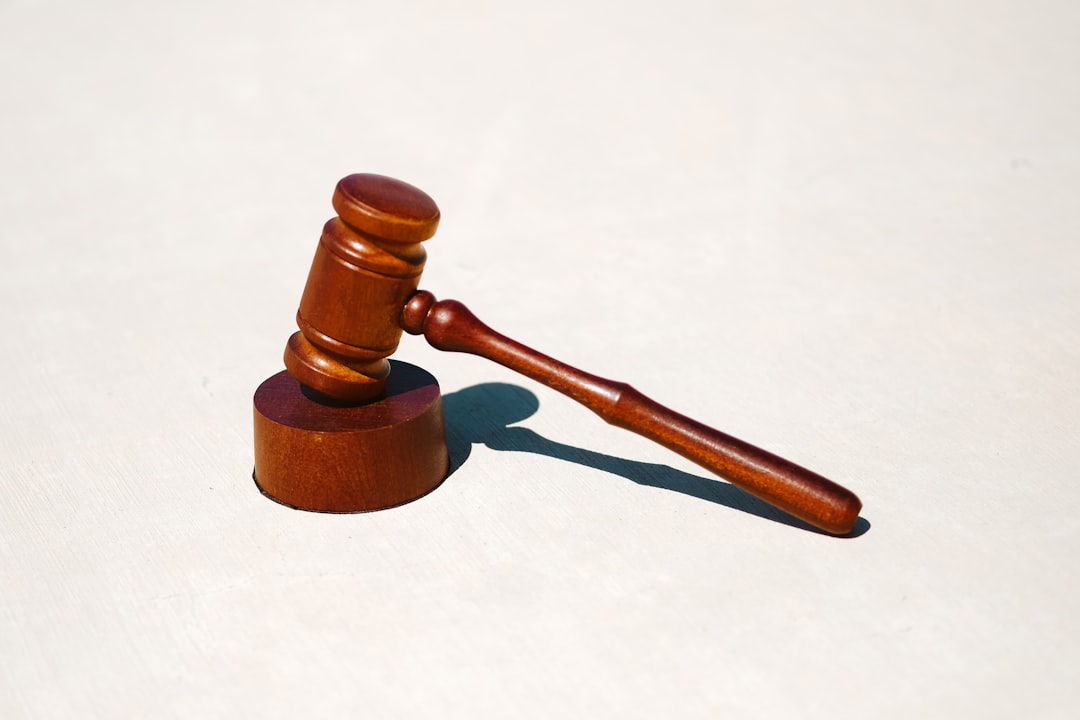
School administrators play a pivotal role in safeguarding Arkansas families from the heinous crime of school sexual abuse. They are the first line of defense against potential predators within educational institutions. By implementing and upholding robust prevention protocols, these administrators can create an environment that discourages any form of inappropriate behavior. This includes mandatory training for staff on recognizing red flags, establishing clear reporting mechanisms for students and parents, and promoting an open culture where victims feel empowered to come forward without fear of retaliation.
Moreover, regular reviews and updates of existing policies are crucial to keeping up with evolving tactics employed by abusers. A proactive approach involves integrating education about consent, personal boundaries, and healthy relationships into the curriculum. Collaboration with local law enforcement agencies and community organizations specializing in child safety can also enhance detection and intervention capabilities. Ultimately, school administrators have the power to foster a culture of safety and respect, ensuring Arkansas students learn in an environment free from sexual abuse. A skilled school sexual abuse lawyer Arkansas can provide guidance on best practices and legal obligations to support this vital mission.
Recognizing and Reporting Suspicious Behavior

Recognizing suspicious behavior is a crucial step in protecting Arkansas families from school sexual abuse. Parents, teachers, and caregivers should be vigilant for signs that may indicate a child is experiencing or has experienced inappropriate interactions. This includes sudden changes in behavior, such as increased anxiety, withdrawal from social activities, or unusual secrecy. Additionally, watch for physical indications like unexplained injuries or changes in eating habits.
Reporting these suspicions to the appropriate authorities is equally vital. Arkansas schools have a legal obligation to investigate and address any allegations of sexual abuse promptly. A school sexual abuse lawyer in Arkansas can guide parents through the reporting process and ensure their rights are protected. By remaining proactive and aware, communities can create a safer environment for children and hold perpetrators accountable.
Legal Rights of Victims and Families
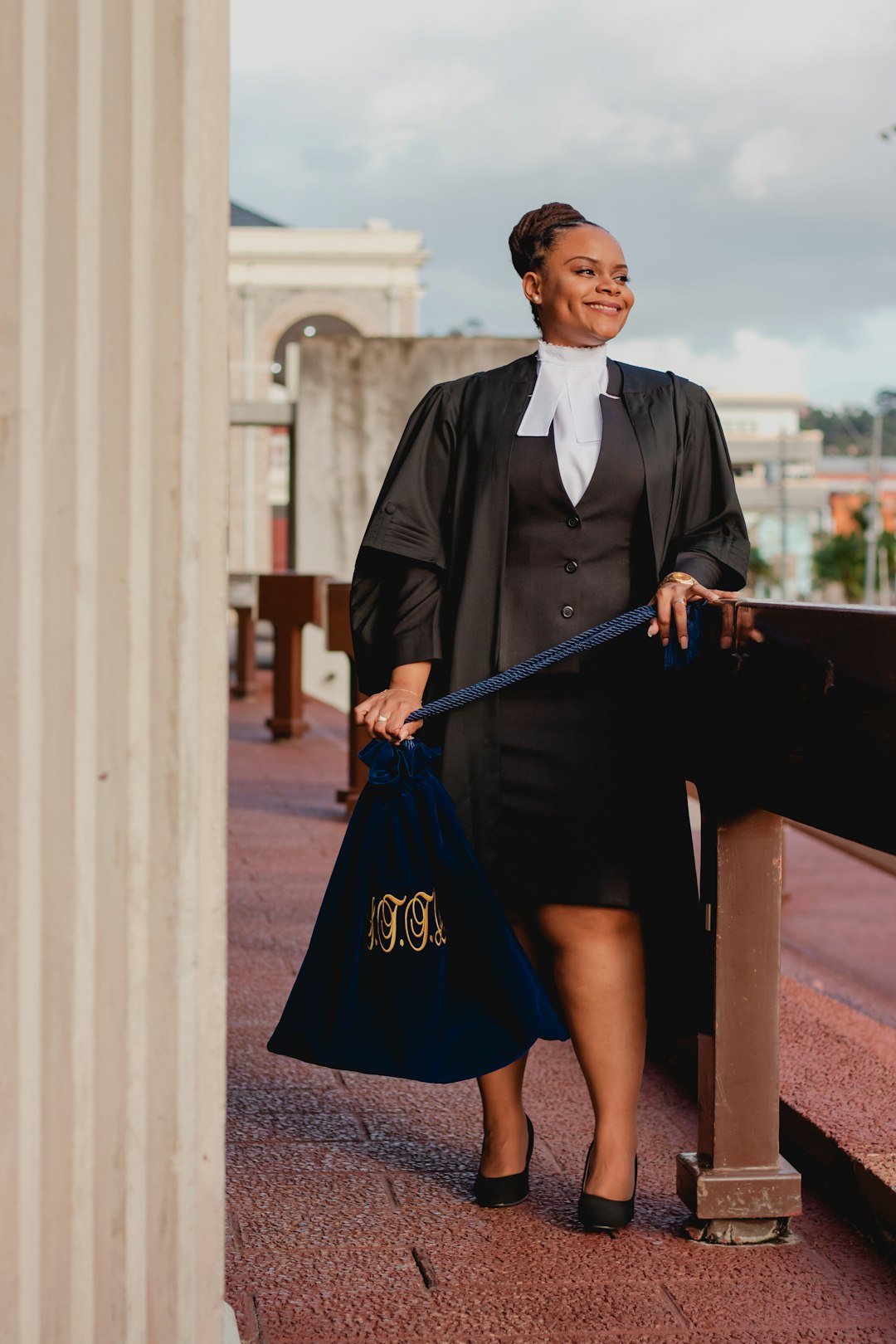
In the event of school sexual abuse, victims and their families have specific legal rights in Arkansas. A school sexual abuse lawyer Arkansas can help navigate these complex issues. It’s crucial to understand that Arkansas law protects individuals from sexual harassment, assault, or any form of unwelcome conduct of a sexual nature occurring within educational institutions. Victims and their families have the right to seek justice through legal channels. This may include filing a civil lawsuit against the responsible parties, such as school administrators or employees who failed to prevent or address the abuse.
Additionally, victims can expect support services like counseling and medical care, which are often covered by insurance or provided free of charge through local resources. A school sexual abuse lawyer Arkansas can guide families in understanding their rights to these services and help them pursue legal action if necessary. The goal is not only to secure justice but also to ensure that such incidents are thoroughly investigated and that steps are taken to prevent future occurrences, fostering a safer environment for all students.
Effective Strategies for Holding Schools Accountable
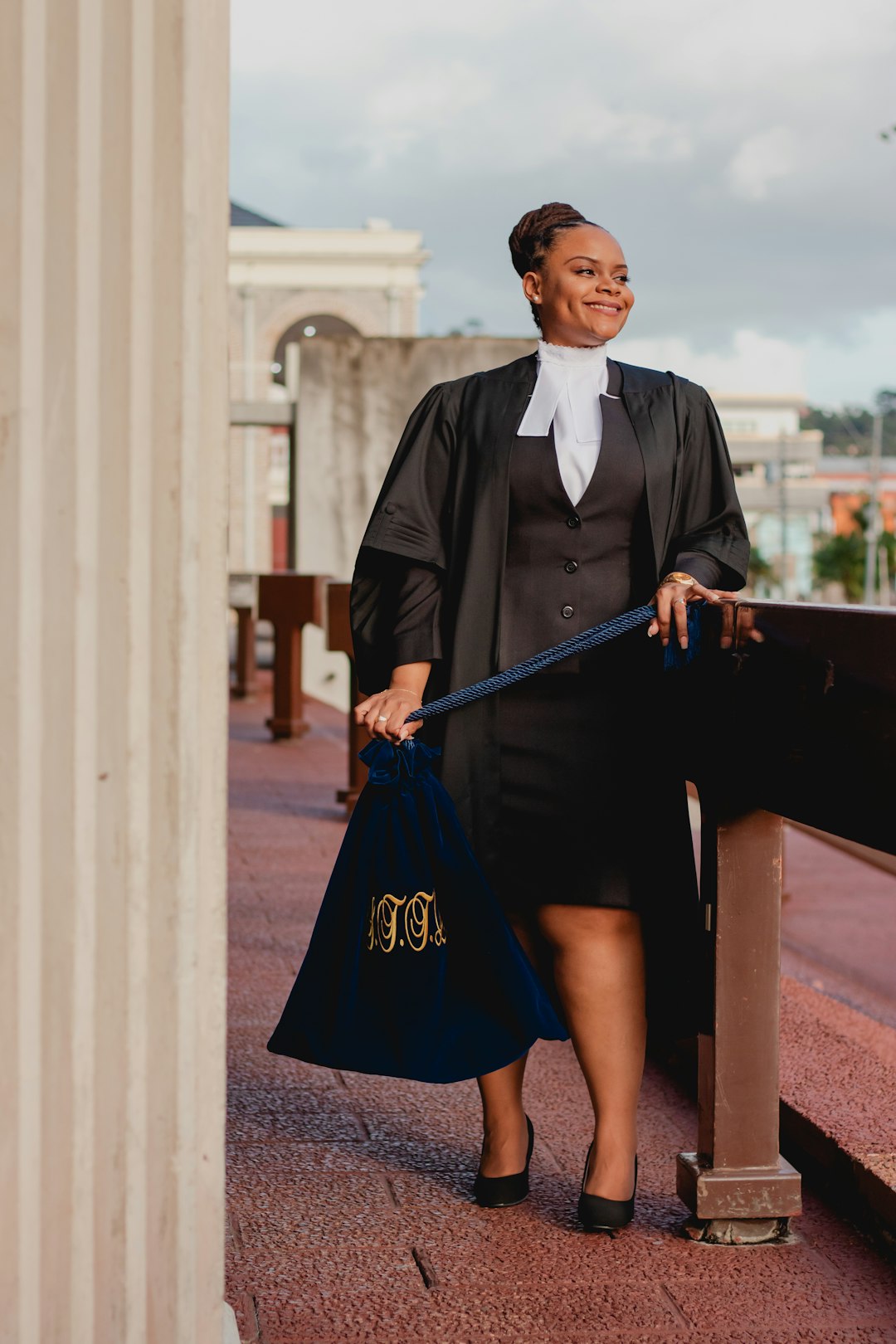
When it comes to protecting Arkansas families from school sexual abuse, holding educational institutions accountable is paramount. A skilled school sexual abuse lawyer Arkansas can play a crucial role in this process by employing strategic legal actions. One effective approach involves thoroughly investigating and documenting instances of suspected abuse, gathering evidence such as witness statements and relevant records. This detailed process lays the foundation for robust legal arguments, ensuring that schools are held to account for their failure to protect students.
Additionally, these lawyers can navigate complex laws and policies related to school safety and liability, empowering them to challenge institutions’ inadequate practices. By pursuing legal avenues, they not only seek justice for victims but also drive systemic changes. This includes advocating for improved reporting mechanisms, enhanced staff training on child protection, and the implementation of stricter protocols to prevent and address sexual abuse within schools.
